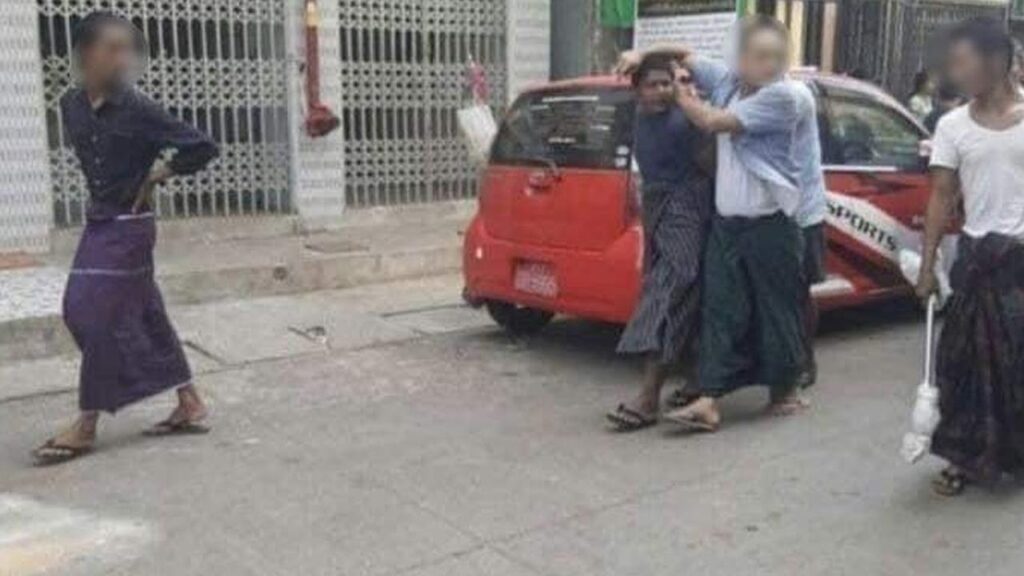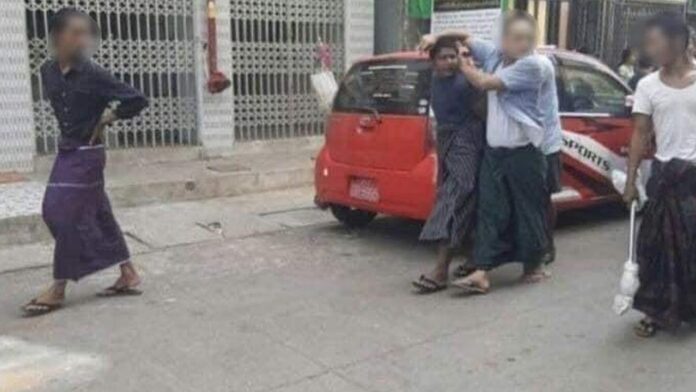In villages along the Gyaing River, both Mon and Karen resistance forces maintain influence. Residents say that neither the Military Junta’s administrative officials nor the local revolutionary coordination teams are taking responsibility for enforcing the law or prosecuting crimes leading to widespread insecurity.
Villagers report that they are being forced to take care of their own safety, as the area lacks any effective administrative or legal system. “It can be described as a lawless zone with no functioning governance,” one resident said.
As a result, cases of theft and robbery have become increasingly common. Not only are high-value items being stolen, but even household goods and smaller items are being taken in broad daylight, according to a victim from Kawt Bein, who recently lost valuable goods.

“We lost more than 2.9 million kyats worth of items at our shop in the Kawt Bein market. My aunt was keeping watch and doing inventory when she briefly turned away, and the thief managed to grab the entire bag. It happened right before her eyes,” he said.
Despite residents reporting these crimes to the local administrative officials of the Military Junta and to the resistance groups, they receive only vague responses such as, “We will take security measures,” with no follow-up or arrests made, locals said.
Villagers from Kawt Bein, Kawtpalaing, Kyai Ka Ban, Dhammasa, Zar Ta Pyin, and Tarana say that during this monsoon season, armed gangs are operating in groups and carrying out frequent criminal activities, placing communities in constant fear.

“Robberies have become more frequent lately. Even things left on cars aren’t safe anymore. Expensive items are being stolen regularly. Just a few days ago, someone was threatened with a knife in public, and a new motorcycle was stolen from the market,” a man from Kawtpalaing reported.
Sources on the ground say that in the Gyaing region, the Mon and Karen resistance forces as well as the Military Junta are primarily focused on military operations, and none are taking responsibility for justice or law enforcement.
Additionally, Junta-appointed administrators are reportedly reluctant to enforce local administration out of fear that they could be targeted by revolutionary forces for collaborating.

